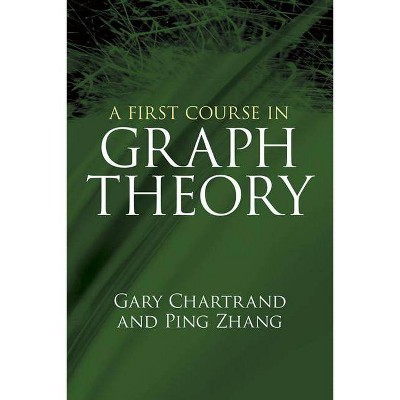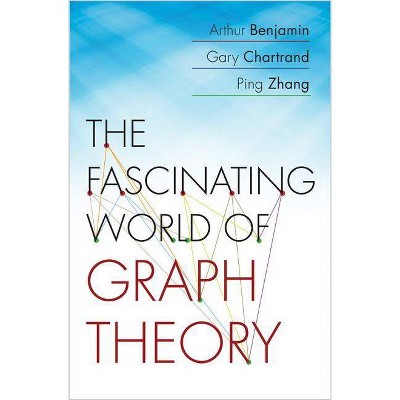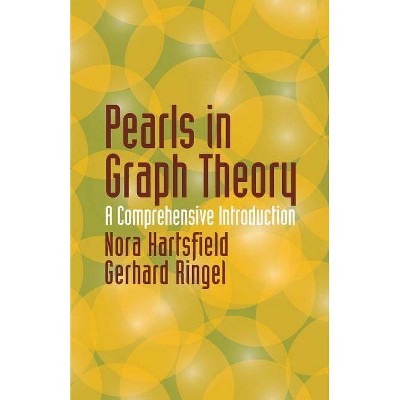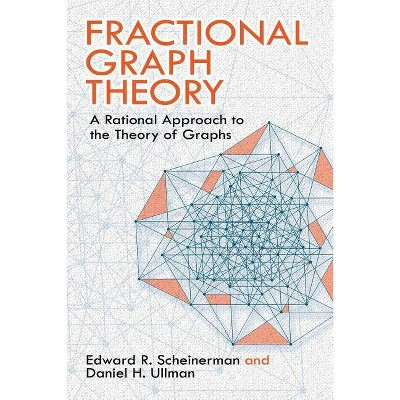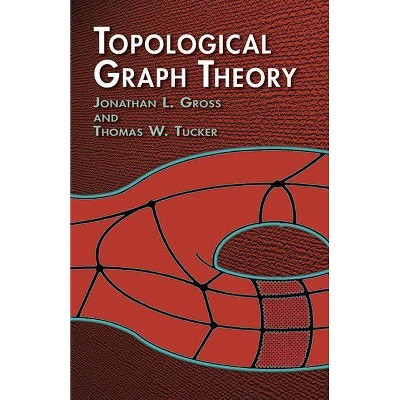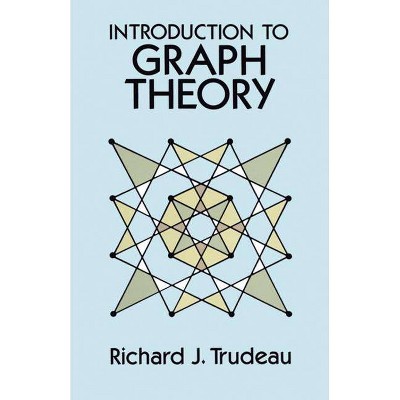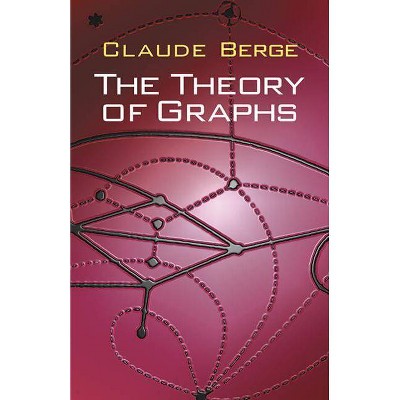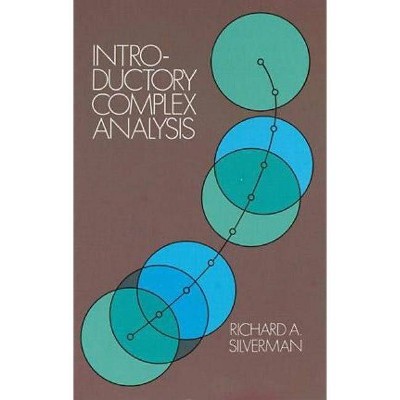Introductory Graph Theory - (Dover Books on Mathematics) Abridged by Gary Chartrand (Paperback)
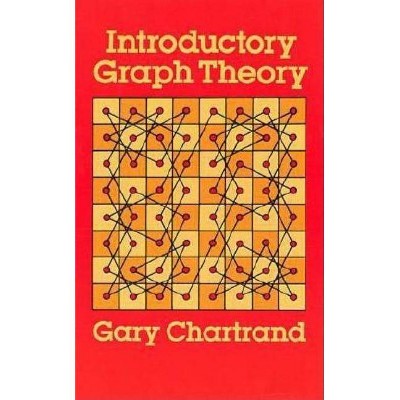
Similar Products
Products of same category from the store
AllProduct info
<p><b>Six Degrees of Paul Erdos <br></b>Contrary to popular belief, mathematicians do quite often have fun. Take, for example, the phenomenon of the Erdos number. Paul Erdos (1913-1996), a prominent and productive Hungarian mathematician who traveled the world collaborating with other mathematicians on his research papers. Ultimately, Erdos published about 1,400 papers, by far the most published by any individual mathematician. <p>About 1970, a group of Erdos's friends and collaborators created the concept of the "Erdos number" to define the "collaborative distance" between Erdos and other mathematicians. Erdos himself was assigned an Erdos number of 0. A mathematician who collaborated directly with Erdos himself on a paper (there are 511 such individuals) has an Erdos number of 1. A mathematician who collaborated with one of those 511 mathematicians would have an Erdos number of 2, and so on -- there are several thousand mathematicians with a 2. <p>From this humble beginning, the mathematical elaboration of the Erdos number quickly became more and more elaborate, involving mean Erdos numbers, finite Erdos numbers, and others. In all, it is believed that about 200,000 mathematicians have an assigned Erdos number now, and 90 percent of the world's active mathematicians have an Erdos number lower than 8. It's somewhat similar to the well-known Hollywood trivia game, Six Degrees of Kevin Bacon. In fact there are some crossovers: Actress-mathematician Danica McKellar, who appeared in TV's <i>The Wonder Years, </i>has an Erdos number of 4 and a Bacon number of 2. <p>This is all leading up to the fact that Gary Chartrand, author of Dover's <i>Introductory Graph Theory</i>, has an Erdos number of 1 -- and is one of many Dover authors who share this honor.
Price History
Price Archive shows prices from various stores, lets you see history and find the cheapest. There is no actual sale on the website. For all support, inquiry and suggestion messagescommunication@pricearchive.us
